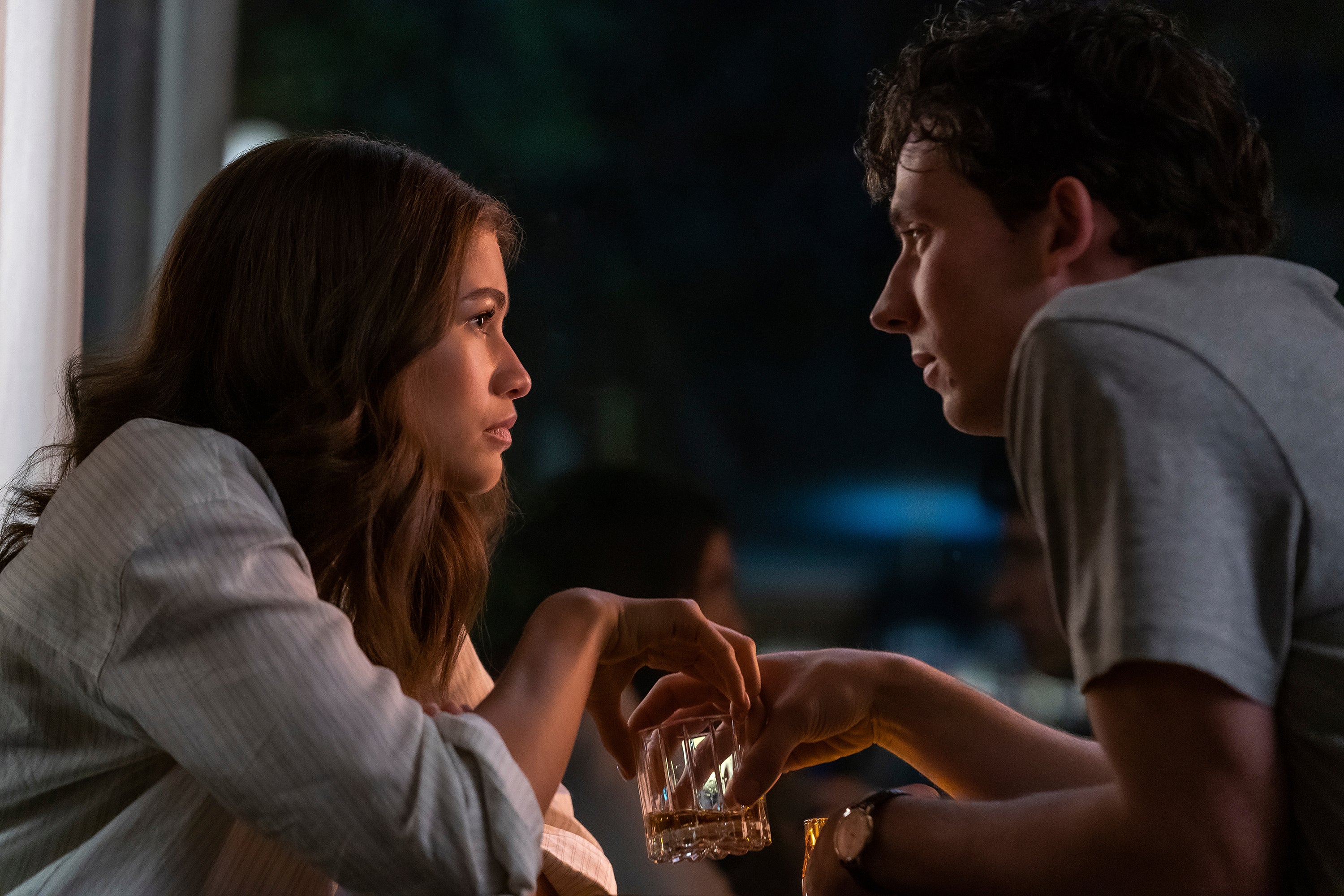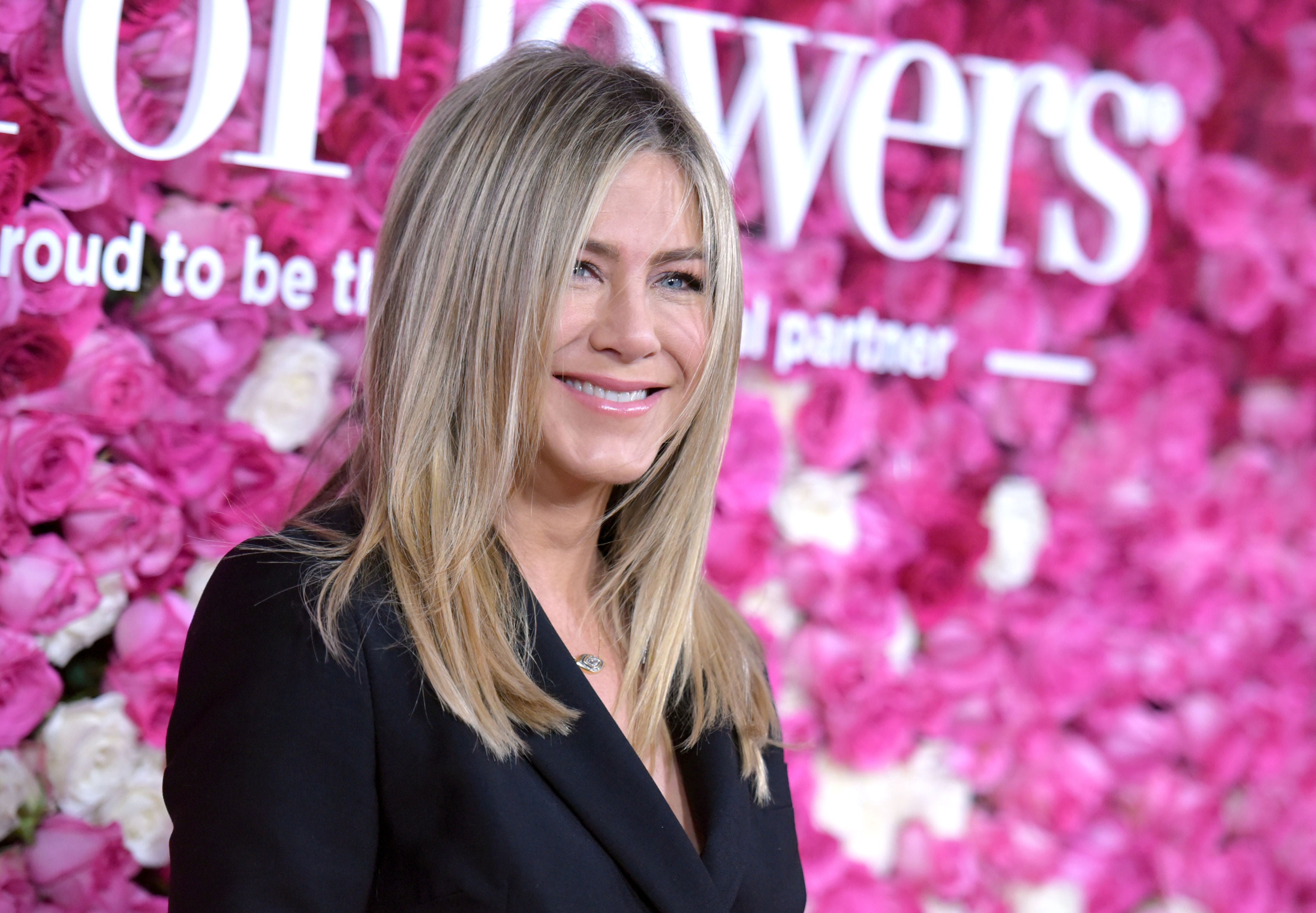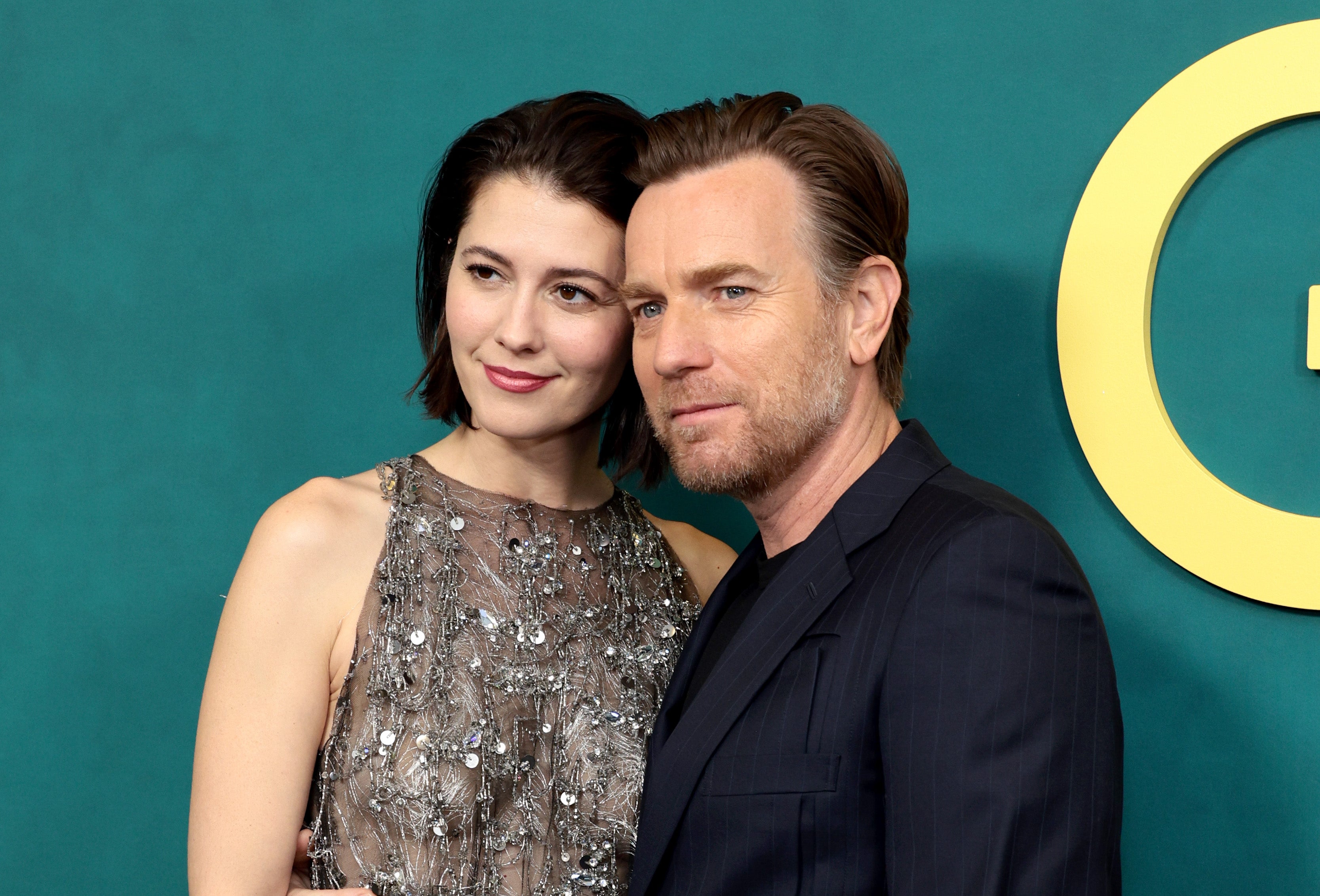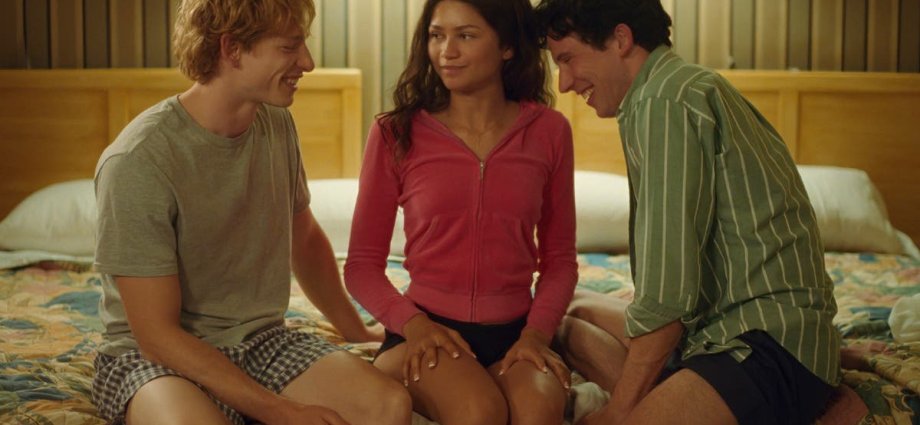Two prolific intimacy coordinators have called on prestigious film and TV awards to recognise the role that has become crucial to modern movie-making.
Mam Smith, one of most sought-after intimacy coordinators in Hollywood who most recently worked with Zendaya on the racy tennis drama Challengers, and award-winning adult filmmaker Erika Lust, who champions sex-positive porn, called professional recognition of the role of intimacy coordinators in key awards ceremonies like the Oscars, Golden Globes and Emmys.
Lust toldThe Hollywood Reporter that the job role should be recognised alongside music directors, script writers and actors.
“They just got casting included as a category,” said Lust, pointing towards the Academy’s February announcement that “best casting” will be introduced into the nominations from 2026 onwards. Lust suggested that “Best Intimacy Coordinator” should be considered as a future category.
“How many years were people lobbying for that? I think it would be great [for intimacy coordinators] to get recognition. For that to happen, I think we have to change the equality in this industry,” Lust added.
Employed to help ensure the consent and safety of performers while filming scenes that involve sex or nudity, the role of intimacy coordinators is a relatively new post-#MeToo phenomenon that has become increasingly commonplace across the film and TV industries.
Smith, who was ensuring the consent of performers in the steamy film Challengers, added that she would “love” to see this change happen in awards categories but the job role still has a “long way to go” because it is yet to be “standardised” throughout the industry.

“In that sense, I think it’s going to take a while,” she said.
Intimacy coordinators are often credited for helping actors feel safe while performing nude scenes, or scenes with close physical contact with other actors. They ensure that the actor’s boundaries are met and that there is a “closed set” for particularly intimate or challenging nude scenes.
However, as the industry has started to embrace the job role, seasoned actors have been quick to dismiss the role.
In 2023, Friends star Jennifer Aniston faced backlash when she dismissed any need for having intimacy coordinators on set for filming sex scenes in the Apple TV+ series The Morning Show.

“They asked us if we wanted an intimacy coordinator. I’m from the olden days, so I was like, ‘What does that mean?’ They said, ‘Where someone asks you if you’re OK,’ and I’m like, ‘Please, this is awkward enough!’ We’re seasoned – we can figure this one out,” Aniston said at the time.
In May, Basic Instinct actor Michael Douglas revealed he dislikes intimacy coordinators being on film sets, and claimed they take away control from the director.
Speaking to The Telegraph, Douglas said the safeguarding practice feels “like executives taking control away from filmmakers” but acknowledged “faux pas and harassment” in Hollywood.
“Sex scenes are like fight scenes, it’s all choreographed,” he said.
“In my experience, you take responsibility as the man to make sure the woman is comfortable, you talk it through.

“You say, ‘Ok, I’m gonna touch you here if that’s all right’. It’s very slow but looks like it’s happening organically, which is hopefully what good acting looks like.”
However, in a post-#MeToo era, when many actors have come forward about uncomfortable experiences performing nude on set, other actors have welcomed the role.
Challengers star Zendaya has spoken about how “incredible” it was to have Smith on the set of the tennis drama. “It was important that we felt safe,” the actor said.
Scottish actor Ewan McGregor praised having an intimacy coordinator on set for sex scenes with his wife, Mary Elizabeth Winstead, for the Paramount Plus drama A Gentleman in Moscow.

Despite McGregor and Winstead’s familiarity with one another, he said it is “still necessary, because it’s also about the crew, and it’s odd to be naked in front of people, it’s odd to be intimate in front of the camera”.
“If you were doing a dance scene, you’d have a choreographer. It’s an important part of the work now, because it’s somebody that the director and actors meet in the middle,” he told the Radio Times.











